Bangkok, Apr 04 (V7N) – Principal Advisor to Bangladesh’s Interim Government, Professor Dr. Muhammad Yunus, has called on BIMSTEC member states to deepen cooperation for mutual benefit, economic integration, and the welfare of all people in the region.
Addressing the 6th BIMSTEC Summit in Bangkok, Thailand on Friday, Dr. Yunus emphasized that Bangladesh has long envisioned a region based on open regionalism — where all countries interact with fairness, mutual respect, and shared prosperity.
“The BIMSTEC region, home to one-fifth of the world’s population, faces many challenges. But if we can transform those challenges into opportunities, all member states can benefit immensely,” said Dr. Yunus.
Referring to the region’s large population often being seen as a challenge, Dr. Yunus stated that there is vast untapped potential among the people, which must be harnessed through inclusive regional cooperation.
Highlighting Bangladesh’s hosting of the BIMSTEC Secretariat, he reaffirmed the country’s commitment to helping the organization achieve its full potential. Dr. Yunus particularly emphasized energy security, stating that it is vital for sustainable development and economic stability across the BIMSTEC region.
“We must move forward collectively in renewable energy use, cross-border electricity trade, and energy efficiency to ensure a secure and sustainable future,” he said.
He pointed to the BIMSTEC Grid Interconnection Agreement (2018) as a possible starting point for broader energy cooperation.
The Nobel Peace Prize-winning economist urged BIMSTEC to accelerate trade liberalization and implement the long-stalled BIMSTEC Free Trade Area (FTA) Agreement, signed in 2004.
“Intra-regional trade currently stands at just 5.9%. We must raise this by expanding connectivity and removing trade barriers,” he said, stressing the importance of cross-border mobility for the youth as a foundation for sustainable development.
Dr. Yunus also underscored the need to swiftly implement the Transport Connectivity Master Plan, adopted at the fifth summit, and welcomed the recent BIMSTEC Maritime Transport Cooperation Agreement, signed on Thursday, for improving logistics and access for landlocked areas and northeastern Indian states.
Despite BIMSTEC’s 28-year history, Dr. Yunus acknowledged that its impact has not been fully realized. However, he noted progress through the ratification of the BIMSTEC Charter and the strengthening of the organization’s institutional structure.
“To truly make an impact, we need effective, project-based initiatives led not only by governments, but also with active involvement of the private sector and civil society,” he said.
As Bangladesh prepares to take over the BIMSTEC chairmanship, Dr. Yunus called for a renewed commitment from all member states to reinvigorate the platform and move beyond differences through mutual trust and shared goals.
In a broader message, Dr. Yunus spoke of the need to reform outdated institutions and the global financial system to better align with the needs and dignity of people.
“In a rapidly changing world, many old norms are no longer relevant. Our institutions must evolve to meet people’s expectations,” he said, advocating for social business initiatives as a means to create equitable development while addressing challenges like climate change.
Concluding his remarks, Dr. Yunus urged member states to work together in a spirit of mutual respect and collective responsibility, emphasizing that regional unity is key to unlocking shared growth and sustainable progress.
Leaders from BIMSTEC member countries, including Thai Prime Minister Phatthana Shinawatra and BIMSTEC Secretary General Ambassador Indra Mani Pandey, were present at the summit.
END/MSS/AJ



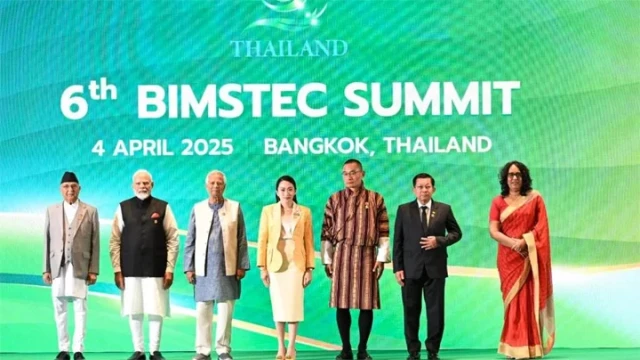






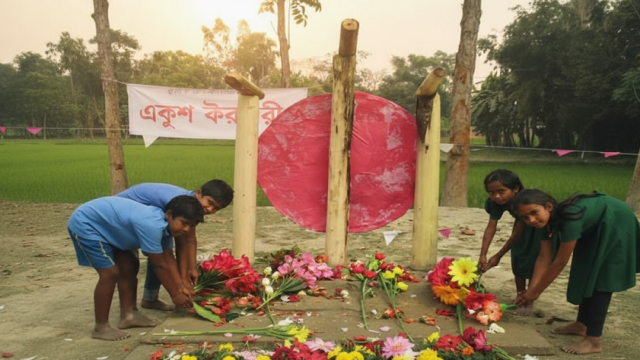


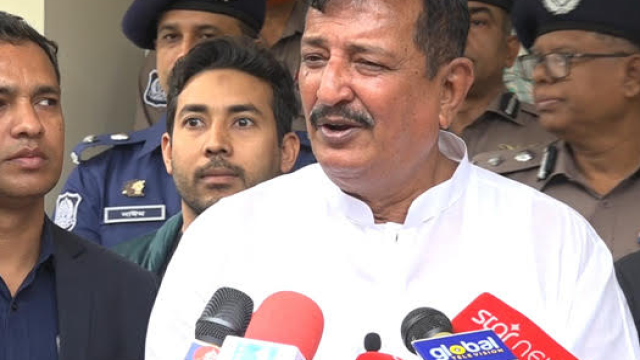

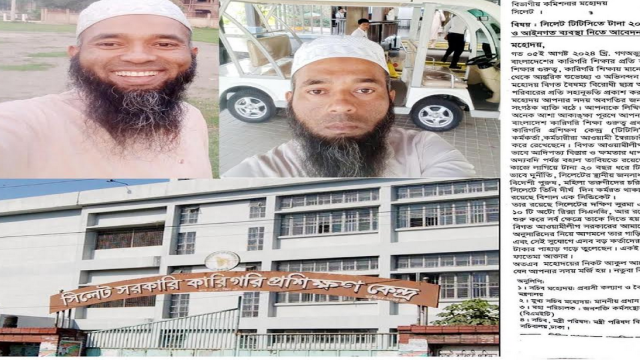


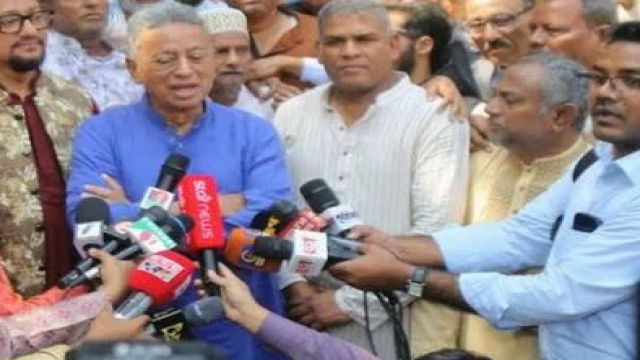
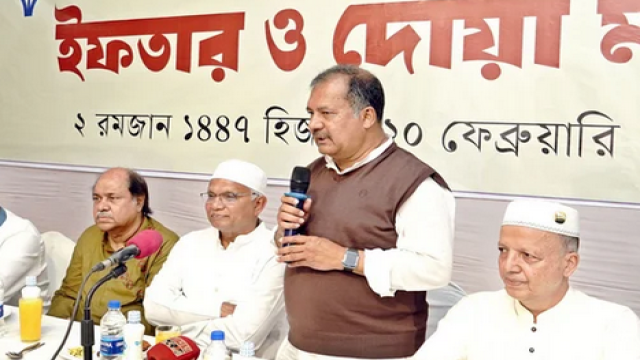











Comment: